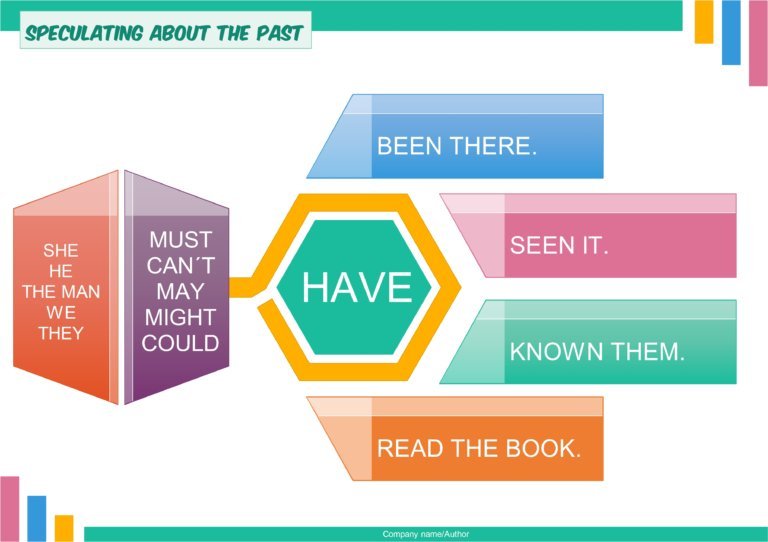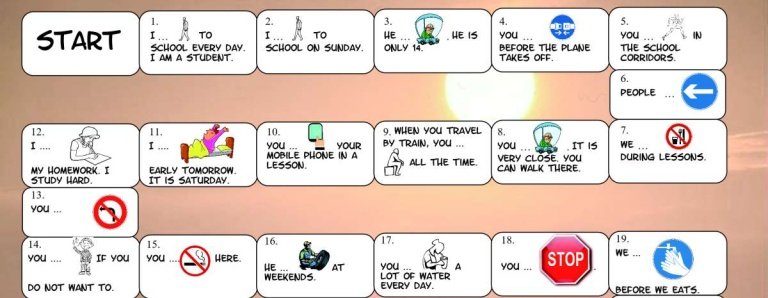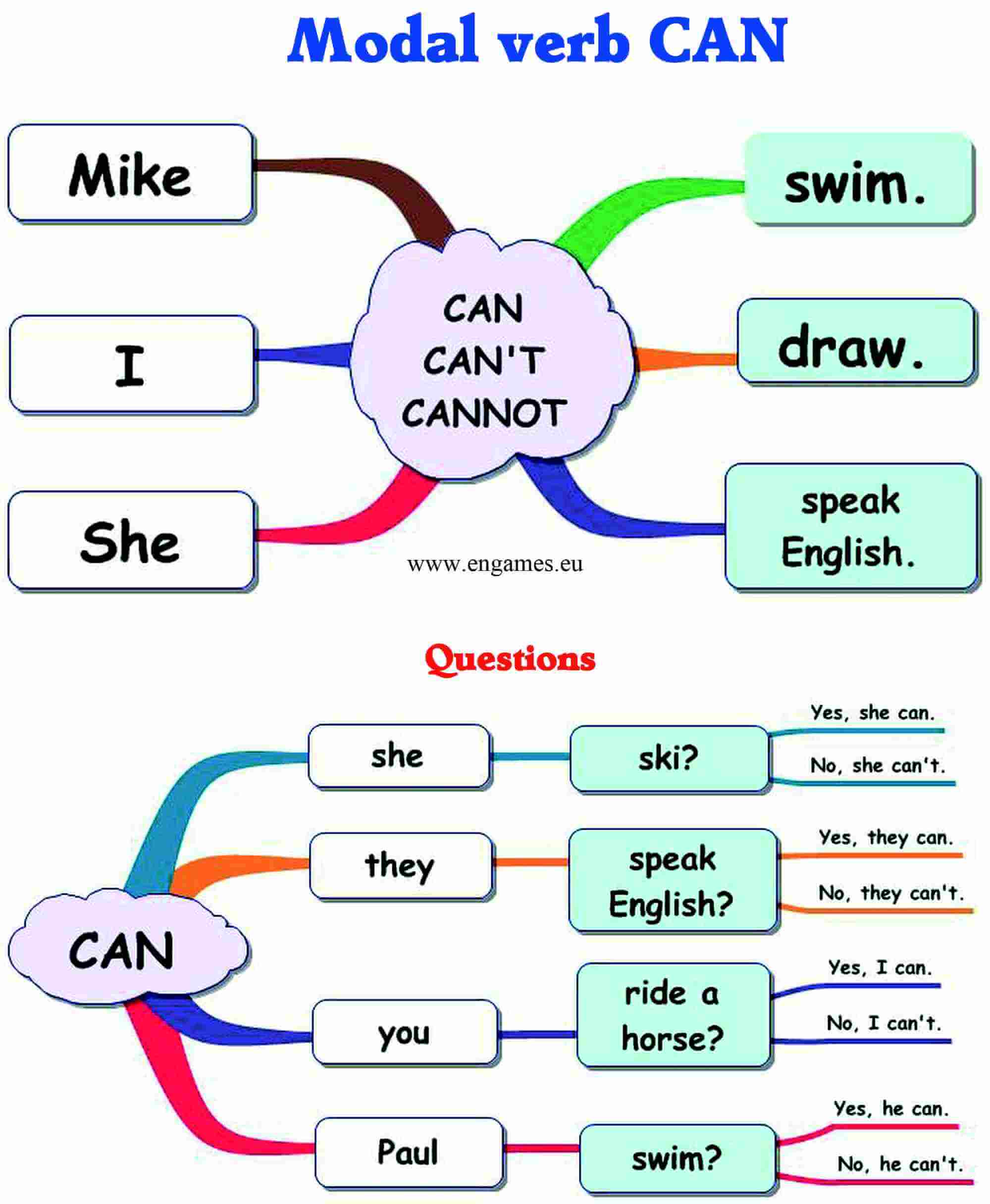Speculating about the past – Modals and perfect infinitive
Speculating about the past is one of the few grammar points I have not covered yet. As I usually teach lower level students, and this grammar is for intermediate students, I haven´t felt it necessary to deal with it. However, now the time has come and I need this explanation for one of my students….


